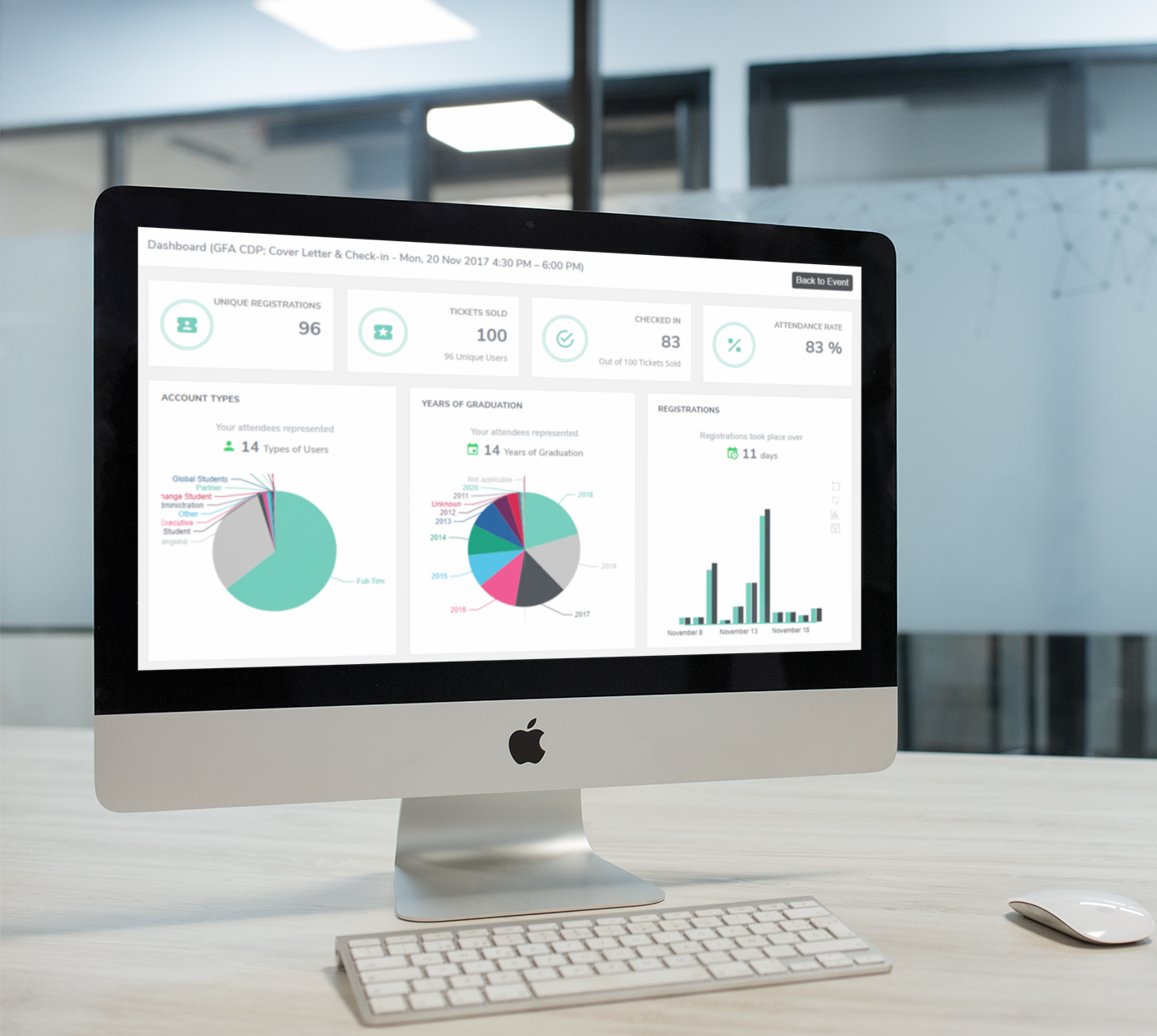Empower your Campus with a Centralized Events Calendaring System
/Having a centralized calendaring system is the foundation of any active campus community. It stimulates student engagement by facilitating event organization and keeping students informed of what is happening on campus.
While there are several enterprise calendaring systems out there, some platforms are more powerful than others. When exploring the market for a software, it is particularly important to choose a software that:
· Has a user-friendly interface and workflow.
· Is fully responsive on mobile phone and/or available on a native mobile app.
· Integrates with other systems.
· Offers advanced capabilities.
It is important when shopping around to carefully assess the needs of your specific institution and to know the ins-and-outs of the various platforms available.
Some management systems are more robust than others. The most successful ones are very powerful and contain a large variety of different features, taking an event from A to Z. They were also created to foster and measure student involvement, which has been proven to positively affect student success and retention.
1. A user-friendly interface and workflow.
A centralized calendaring system serves as the backbone of campus life. Students and staff use it to organize and browse events. It is important for the interface and workflow to be simple and user-friendly.
The user experience and workflow should be streamlined and follow the life cycle of an event.
Key capabilities include:
· A management system for organizers to create events (or submit them for approval) on the calendar.
· The ability for students to easily browse all events, register online, and easily access the upcoming events they have signed up for.
· The ability for organizers to securely register attendees, track RSVPs or paid tickets.
· A process for organizers to send email communications and push notifications about an event.
· Powerful attendance tracking and reporting features.
· The platform should be both web- and app-based, to facilitate on-the-go access.
Other popular capabilities include event co-hosting, recurring events, custom registration forms, limited audience or registration access rights, speakers & sponsors management, networking space for attendees such as virtual coffee chat and group chats, and the ability to create an event mobile app.
2. Integrates with other systems.
In addition to providing a single platform for campus events, the more successful calendaring software integrate with other systems. This enables them to consume events from other systems and push events out to other systems such as room reservation platforms, career management platforms, CMS or CRM platforms.
In a campus setting where calendaring and events are decentralized this is particularly useful. In institutions where academic, student involvement, career services, service-learning, and other calendars are all separate, an enterprise calendar can be a game changer.
Having a central calendar and streamlined experience helps students better manage their time by keeping a handle on the different moving parts of their life on campus. The more successful enterprise calendars also integrate with personal calendars, such as Gmail and Outlook.
Some further connect with room reservation systems such as EMS, 25Live and Ad Astra. All these factors contribute to making the enterprise calendar the go-to-place for student involvement, thus fostering student engagement.
3. Advanced capabilities serve as a differentiating factor.
A centralized calendar is already a powerful tool! However, some platforms take the idea of a one-stop-shop for campus life to the next level.
The most complete software have built out lots of auxiliary features. Their philosophy is that the calendaring platform should support the user throughout the entire life cycle of an event.
In addition to robust approval processes, registration, attendance tracking and reporting, there are a host of mini features available that can really streamline and enhance the process.
The breadth of auxiliary features certain platforms include is wide. Key ones include:
· Dedicated web pages and apps for specific events.
· Room reservation management.
· Waitlists.
· Multiple registration and ticketing options.
· Custom tickets.
· Secure payment gateway.
· Mobile attendance tracking (via QR codes).
· Speaker bios and photos.
· Waivers.
· Automated reminders.
· Ability to pull live-metrics.
· Post-event surveys.
A powerful calendaring system serves as the cornerstone of student involvement. Streamlining activity on campus and stimulating engagement has a positive effect on student success and retention.
The ability to pull metrics (live or following an event) further contributes to enhancing visibility into campus life. It also provides the data necessary to make informed decisions.
A central campus calendar increases the visibility of events on campus. A good one will streamline event-related activities, foster and measure student involvement, positively affecting student success and retention. According to current clients, “providing students with a single location to browse upcoming events, register, and sync updates to their devices has boosted student engagement.”
RELATED ARTICLES:


















